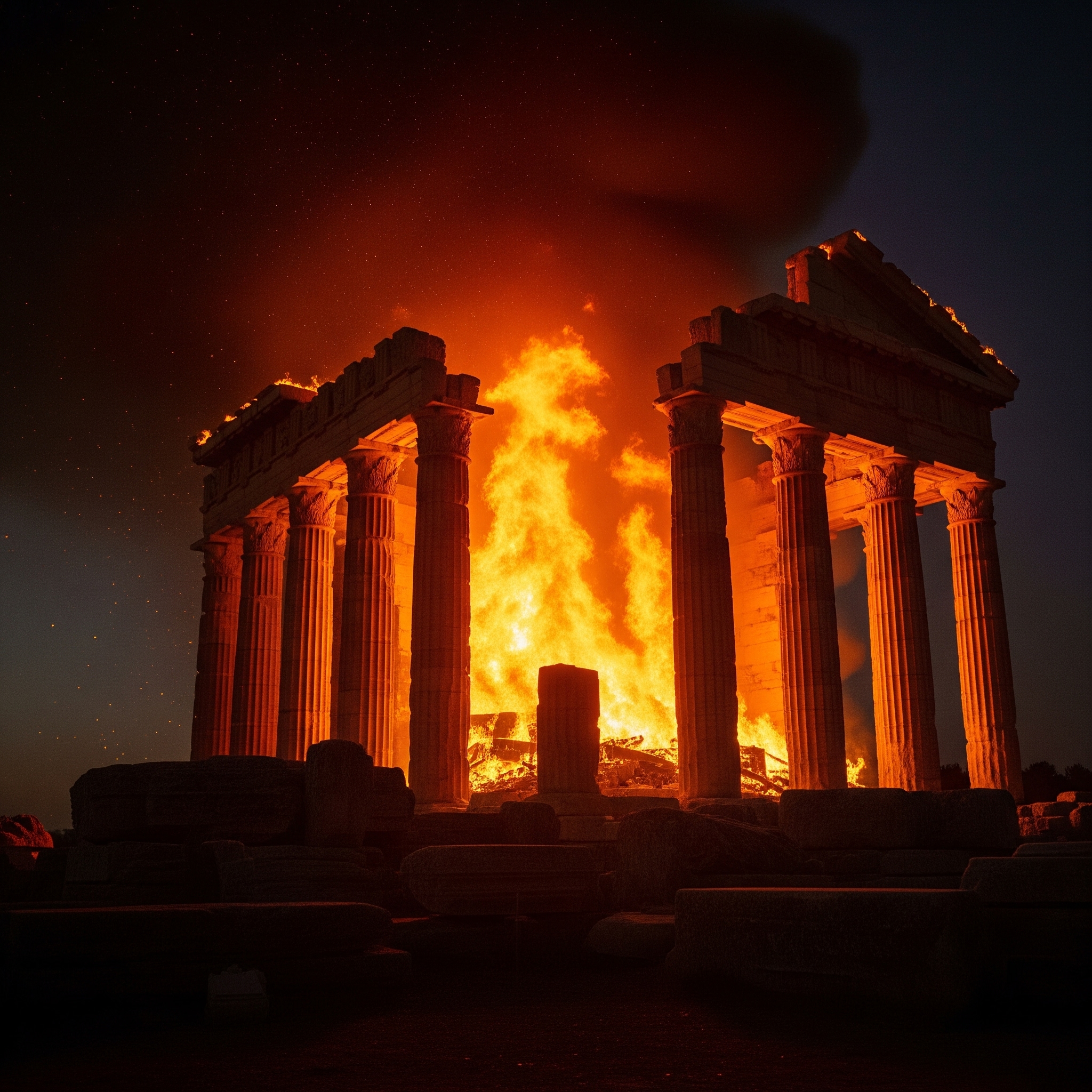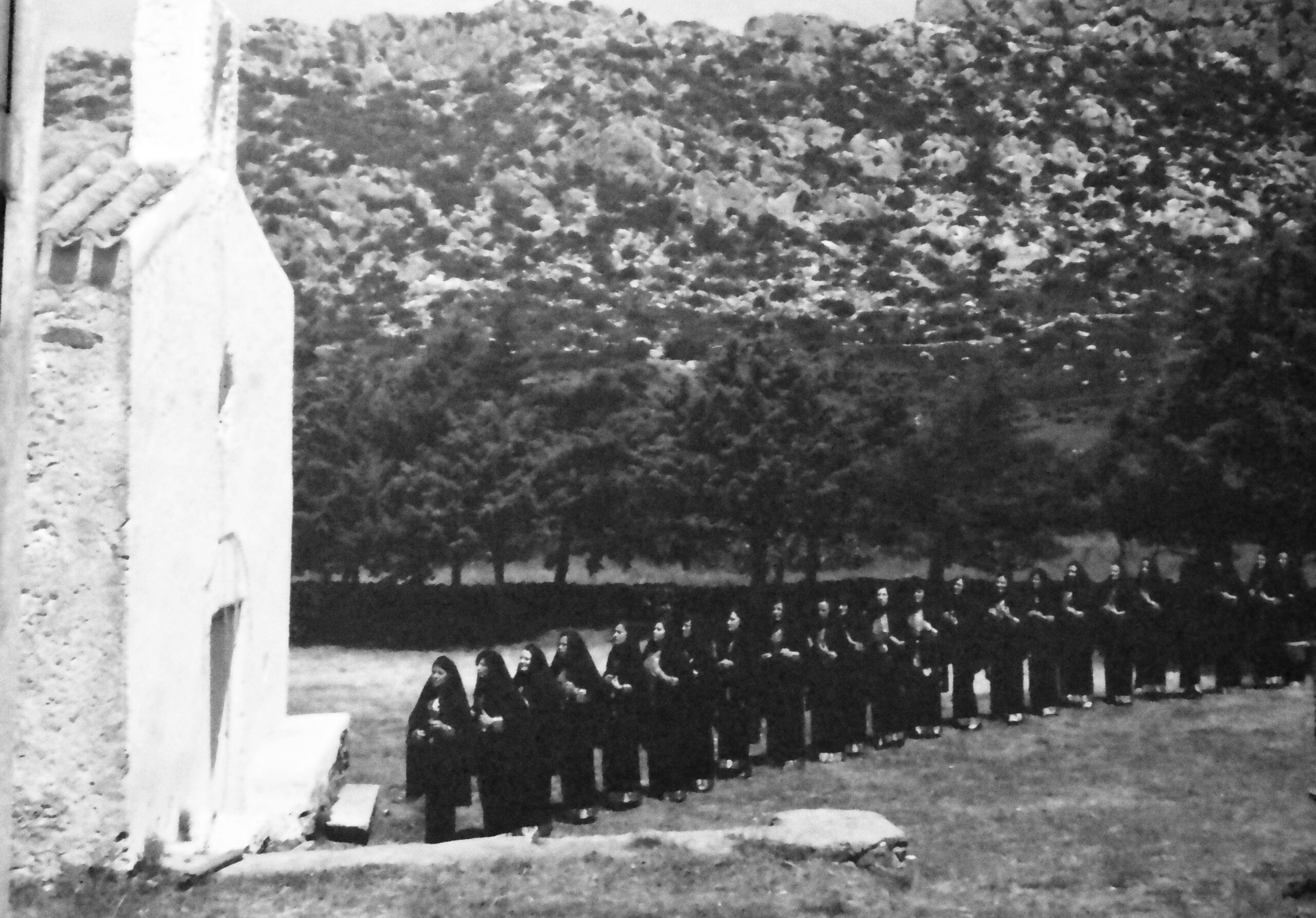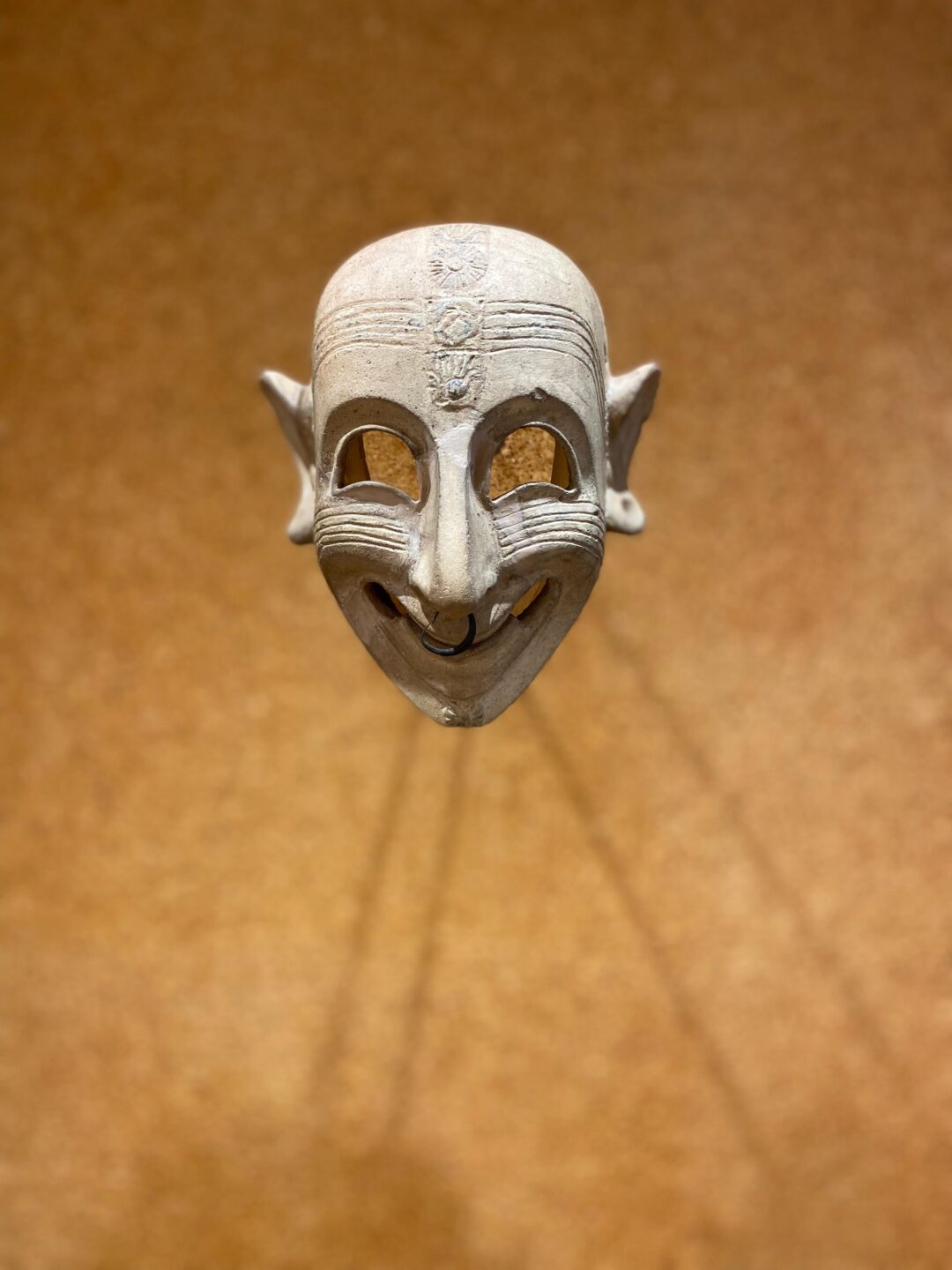People often say that, for us from the South, emigration is a necessity and that, if we could, we’d gladly go back to live where we were born.
But some young Sardinians don’t leave because they’re forced to, they leave because they feel an urge to escape. Driven by a constant curiosity to know what lies beyond the sea, and a hunger to claim, somehow, the life they believe they deserve.
They are the kind of emigrants who, in my view, are more fragile than the others. They’re the ones who, when they are abroad, make sure to say they’re Sardinian and when they’re back on the island, make sure everyone knows they live abroad (even though everyone already knows it).
I’ve decided to call them “the new Herostratuses,” because they remind me of that famous story.
Herostratus was a man in ancient Greece with one goal: to be remembered. To make sure people would never forget him, he set fire to one of the Seven Wonders of the World, the Temple of Artemis at Ephesus. When he was caught, he openly said he did it just to go down in history. And in fact, he succeeded, because nearly 2.400 years later, we’re still talking about him.
Whether that story is entirely true or partly legendary doesn’t really matter; what matters is the powerful symbol it leaves us: the idea of destroying something sacred in order to be remembered.
I’ve been to Ephesus, in Turkey, and all that’s left of the Temple of Artemis are ruins. In the same way, of many young Sardinians I’ve met during my ten years abroad, only ruins remain.
Many uprooted young people leave an island where, culturally, there are no strong hierarchies, and find themselves in a world that is hierarchical, competitive, humiliating.
And so, in a desperate need to matter in the eyes of those who stayed behind, they burn something sacred: themselves. They burn themselves through their identity, through destructive but visible choices. Through their bodies, with drugs, with tattoos (not tattoos in themselves, but when they become a mask on the skin, when it’s no longer a choice, but a compulsion).
They may even go so far as to reject their roots, to feel ashamed of where they’re from, to deny it, even publicly mock it.
Or, the opposite: to exaggerate their identity in a theatrical way (through clothing, language, gestures), almost as if to say I’m-more-Sardinian-than-anyone-else.
This reflection comes with no judgment. I’m a girl who also left her island at a young age, and I assure you: in moments of fragility and confusion, it’s easy to fall into the trap of wanting to be seen, of needing to exist, to the point of doing something extreme.
(In truth, our era constantly produces “new Herostratuses”: people who would sell their own mother just to get noticed. But that’s another story.)
This is just a reflection meant to make us ask questions about freedom, responsibility, and the meaning of life.
To become “someone,” Herostratus set fire to one of the most beautiful temples of the ancient world. He wanted to be remembered.
Today, thousands of young people leave Sardinia for cities that aren’t waiting for them. And some, in a modern, cold silence, burn themselves just to be seen.



